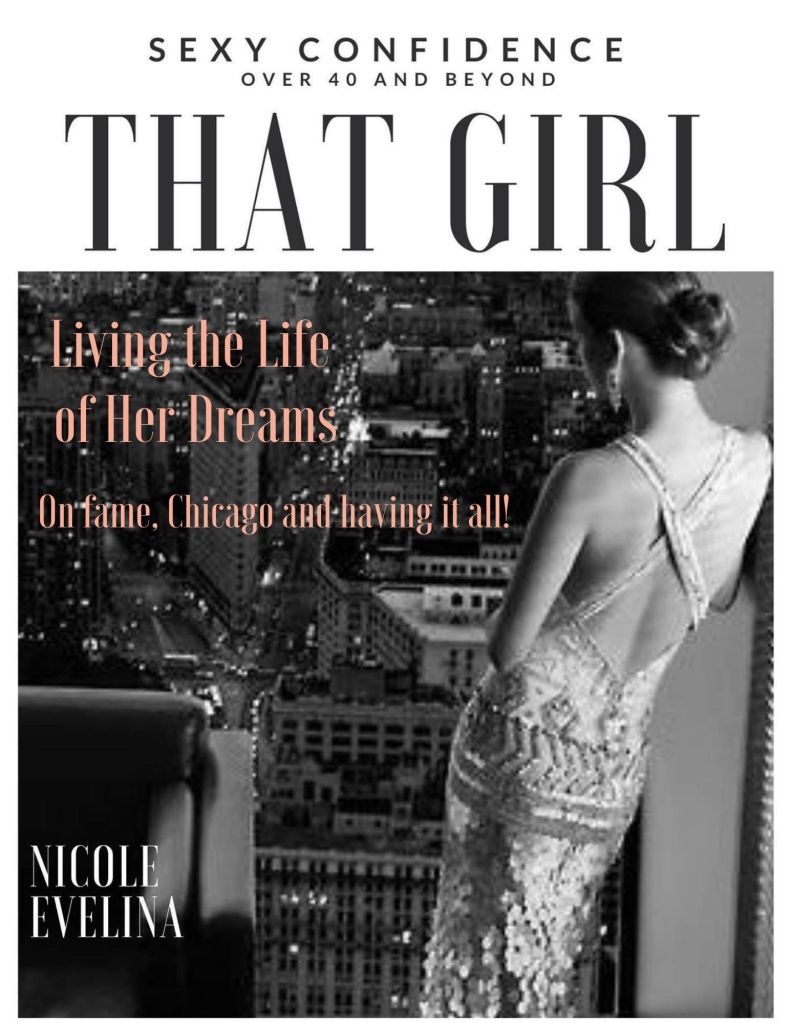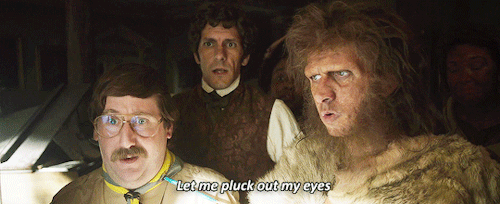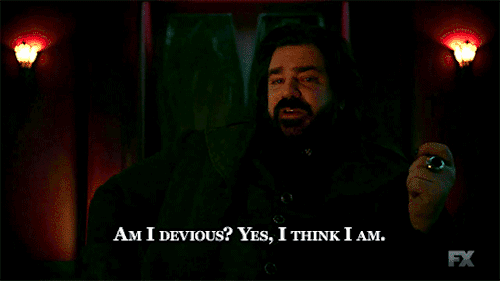A dank fog creeps between trees that reach with skeletal claws towards a darkening sky. Brittle leaves clatter together in a chill wind that moans over chimney-tops and hammers at windows well-shuttered against the night.
Are those bats that flit across the moon and cast shadows over unlit thresholds? Or something worse? Hold each other tightly and keep your doors barred, children, for something wicked this way comes.*

Witches occupy an interesting place in the popular imagination. Sure, the first thing that may spring to mind for many is the stereotype of a warty hag on a broomstick with a black cat as a familiar. But in both history and story, the figure of a witch is so much more than a cackling crone. While I’m not here to go too deep into the triple aspects of the Goddess and the persecution of powerful women and spells as manifestation, I do think the stories we tell about witches (in books, film, and TV), tell us a lot about how we see ourselves. So, to celebrate both the season of all things creepy and my own love for a good witch narrative, here are a few of my favorite fictional witches.
*Author’s note: To quote Xander Harris–“witches they were persecuted. Wicca good and love the earth and women power and I’ll be over here.”
1. The Weird Sisters, Macbeth
“Bubble bubble, toil and trouble.”
In many ways, this infamous trio of witches in Shakespeare’s famous play about the downfall of a Scottish thane probably set the stage (ah-hyuck) for all other witches who came after. Instantly recognizable today with their tattered robes, bubbling cauldron, and portents of the future chanted upon the moor, the three witches act as agents of chaos and destruction. Offering power in one hand and doom in the other, they foretell Macbeth’s rise to power, inciting him to corruption, regicide, and ultimately war. “Fair is foul and foul is fair!”–isn’t that, perhaps, the very nature of witchcraft?
2. Sabrina, Sabrina the Teenaged Witch

In both the 90’s sitcom and the recent, more serious, reboot, Sabrina is a teenaged witch who lives with her aunts, Hilda and Zelda, and her black cat Salem. She has to balance the strangenesses of her magical life with her very normal high-school life, as she navigates friendship, family, and love.
Although each version of the show offers different tones and themes, both grapple with the central question–can magic ever be accepted in a world that doesn’t believe in it? And can a witch really ever coexist with mortals? Or are the two worlds fundamentally at odds with each other?
2. Medea, Medea
In Euripides’ classic play, Medea is a barbarian witch from Colchis who, when her husband Jason abandons her to marry a princess, decides to take dire action. She sends a poisoned gown and coronet to the princess, which kills both her and her father, the king. And because killing Jason’s bride-to-be wasn’t hurtful enough, she then murders her own children to exact revenge on her faithless husband.
Warped maternal instincts are another hallmark of many witch narratives. There are few things more terrifying than a mother who hates instead of loves, destroys instead of nurtures. Feminine power is arguably at its most terrifying when it contradicts the way society has taught us women ought to behave.
3. Sally and Gillian, Practical Magic
In one of my all time favorite Hallowe’en movies, two witch sisters raised by their eccentric aunts in a small town have mostly avoided using magic themselves. But when Gillian’s vicious boyfriend unexpectedly dies, the women have to figure out how to cover up their involvement in his death before law enforcement catches up with them. But every spell has its cost…
In many ways, Sally and Gillian represent the two paths of witchcraft, known to some as the right-hand and left-hand paths. Where Sally is demure, earthy, and good-intentioned, Gillian is sensual and self-involved, following the creed “do as thou wilt.” But as the plot unfolds, they’ll discover that they’re more similar than they ever imagined, and that spell-work is a delicate and dangerous game with deadly consequences.
4. Jadis/White Witch, Chronicles of Narnia
In The Magician’s Nephew Polly and Digory awaken Jadis, a powerful sorceress who spoke a Deplorable Word that destroyed all life on Charn except her own. Later, she becomes the White Witch and plunges Narnia into an everlasting winter where Christmas never comes. She turns Edmund against his siblings, transforms any dissenters into stone, and ultimately murders Aslan in a hideous sacrifice on the Stone Table.
Knowing C. S. Lewis’ theological leanings, it’s easy to read Jadis as a demonization of the divine feminine–not creation but destruction, her “word” destroying worlds behind her, in contradiction of the “word” of the Big Guy upstairs. She also subverts the maternal instinct, by luring children into her clutches and inciting them to betray their siblings and give into their base desires. (I’ll never look at Turkish Delight the same again!)
5. Willow Rosenberg, Buffy the Vampire Slayer

Although she starts out as nothing more than Buffy’s awkward, overall-clad nerdy side-kick, Willow blossoms into one of the most complex female witches in modern media. Although she initially starts learning magic and spells for research, she eventually begins practicing herself, ultimately becoming the Big Bad in Season 6 when tragedy forces her to lose control of her morality.
One of the reasons I love Willow’s arc is that she isn’t born a witch–she chooses to become a witch. Through study and will, she discovers her own inner power and blossoms from sidekick to hero to antihero. I think that’s the wish-fulfillment inherent in a lot of the greatest witch narratives–it shows us what we might be capable if we were able to access the power of spell-work. It also shows us what might happen is that power isn’t used for good, but for evil–even the best of us might be lost in the darkness.
Who are your favorite literary/pop culture witches? Let me know in the comment section below!







